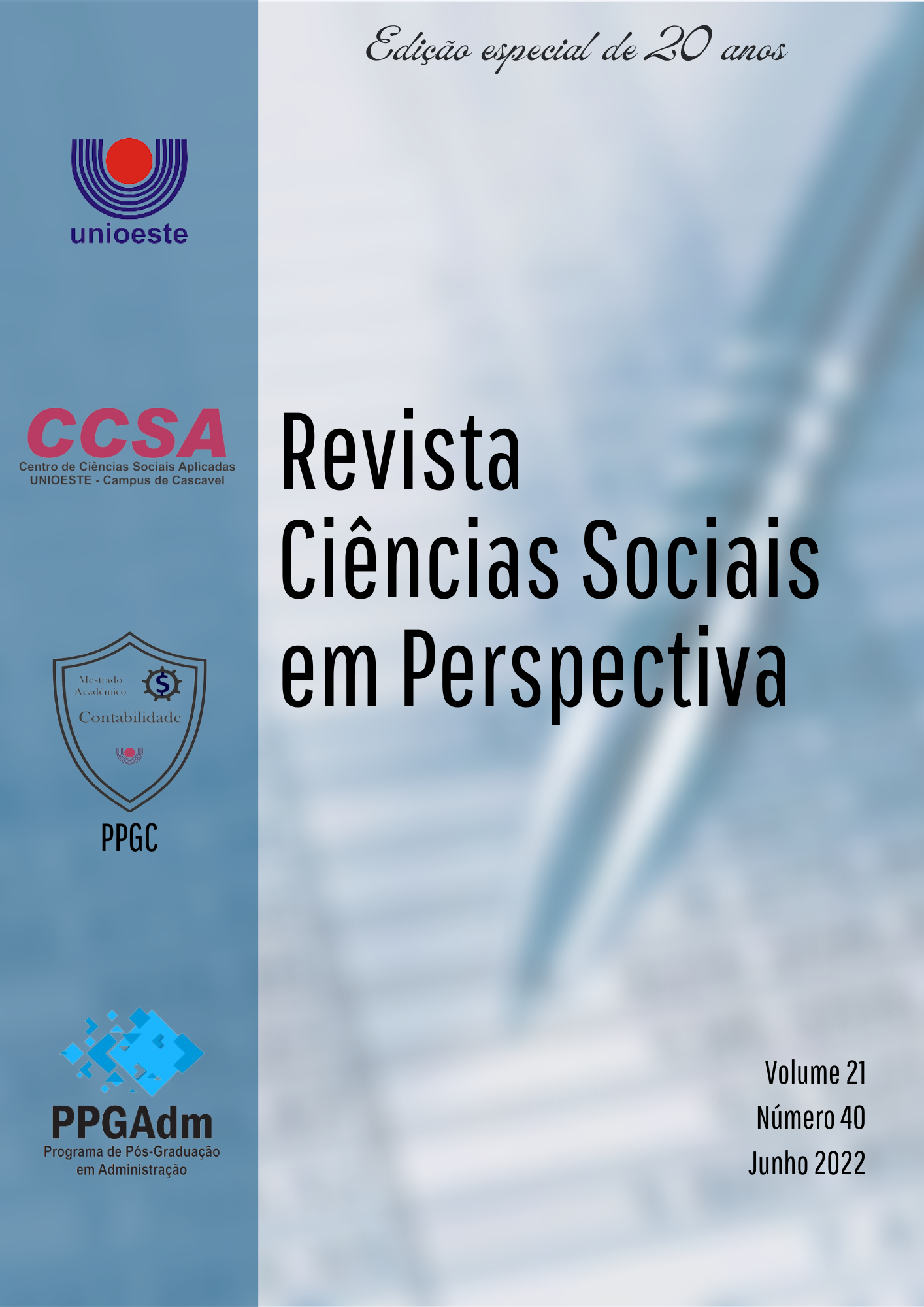O horror do desemprego
DOI:
https://doi.org/10.48075/revistacsp.v21i40.23443Palavras-chave:
desemprego, qualificação, emprego, trabalhoResumo
Este é um estudo qualitativo descritivo, que investigou como o desemprego produz subjetividade, a partir das reflexões feitas por Forrester e Généreux em suas obras. Os dados foram coletados por meio de questionário aberto, divulgado por meio do método de bola de neve. O procedimento de análise dos dados foi a análise de conteúdo. Resultando na formulação de quatro categorias, a saber: estar desempregado é; visão social do desemprego; distorção da imagem de si; o bico foi a saída. O sentimento de vergonha, devido a perda da dignidade social, do poder de compra, etc., destacou-se na fala dos participantes. O desemprego é uma situação complexa, que não pode ser entendido somente por meio dos dados estatísticos, é preciso envolver o social, pensar de forma coletiva; apesar de ser retratado como um problema individual. O estudo mostrou que a qualificação não garante empregabilidade e que a indicação no Brasil ainda supera a qualificação. O horror do desemprego é o pouco engajamento na busca por soluções duráveis e favoráveis a todos por parte dos constituídos em autoridade. Para estudos futuros se sugere investigar a relação do desemprego com o aumento do número de pessoas vivendo em condições de misériaDownloads
Downloads
Publicado
Como Citar
Edição
Seção
Licença
Copyright (c) 2022 Revista Ciências Sociais em Perspectiva

Este trabalho está licenciado sob uma licença Creative Commons Attribution-NonCommercial-ShareAlike 4.0 International License.
Aviso de Direito Autoral Creative Commons
Política para Periódicos de Acesso Livre
Autores que publicam nesta revista concordam com os seguintes termos:
1. Autores mantém os direitos autorais e concedem à revista o direito de primeira publicação, com o trabalho simultaneamente licenciado sob a Licença Creative Commons Attribution que permite o compartilhamento do trabalho com reconhecimento da autoria e publicação inicial nesta revista.2. Autores têm autorização para assumir contratos adicionais separadamente, para distribuição não-exclusiva da versão do trabalho publicada nesta revista (ex.: publicar em repositório institucional ou como capítulo de livro), com reconhecimento de autoria e publicação inicial nesta revista.
3. Autores têm permissão e são estimulados a publicar e distribuir seu trabalho online (ex.: em repositórios institucionais ou na sua página pessoal) a qualquer ponto antes ou durante o processo editorial, já que isso pode gerar alterações produtivas, bem como aumentar o impacto e a citação do trabalho publicado (Veja O Efeito do Acesso Livre).
Licença Creative Commons
Esta obra está licenciada com uma Licença Creative Commons Atribuição-NãoComercial-CompartilhaIgual 4.0 Internacional, o que permite compartilhar, copiar, distribuir, exibir, reproduzir, a totalidade ou partes desde que não tenha objetivo comercial e sejam citados os autores e a fonte.





